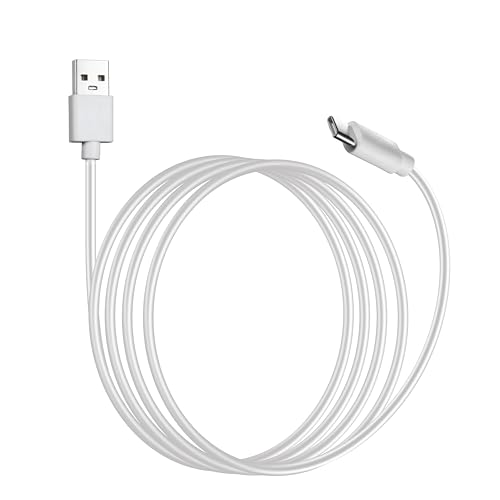Here is an interesting post about hybrid cars.
Conventional vehicles use gasoline or diesel to power an internal combustion engine. Hybrids also use an internal combustion engine—and can be fueled like normal cars—but have an electric motor and battery, and can be partially or wholly powered by electricity.
By using both a conventional engine and electric motor, the best hybrids achieve significantly better fuel efficiency than their non-hybrid counterparts. They also pollute less and save drivers money through fuel savings.
The most advanced hybrids have larger batteries and can recharge their batteries from an outlet, allowing them to drive extended distances on electricity before switching to gasoline or diesel. Known as "plug-in hybrids," these cars can offer much-improved environmental performance and increased fuel savings by substituting grid electricity for gasoline.
Read the full post here: http://www.ucsusa.org/clean-vehicles/electric-vehicles/how-do-hybrids-work#.WT1LEJKGPIU
Conventional vehicles use gasoline or diesel to power an internal combustion engine. Hybrids also use an internal combustion engine—and can be fueled like normal cars—but have an electric motor and battery, and can be partially or wholly powered by electricity.
By using both a conventional engine and electric motor, the best hybrids achieve significantly better fuel efficiency than their non-hybrid counterparts. They also pollute less and save drivers money through fuel savings.
The most advanced hybrids have larger batteries and can recharge their batteries from an outlet, allowing them to drive extended distances on electricity before switching to gasoline or diesel. Known as "plug-in hybrids," these cars can offer much-improved environmental performance and increased fuel savings by substituting grid electricity for gasoline.
Read the full post here: http://www.ucsusa.org/clean-vehicles/electric-vehicles/how-do-hybrids-work#.WT1LEJKGPIU

















![Wireless Charging Pad for Car, REESTECQI 15W Wireless Car Charger Pad Type C Wireless Charger Car Non Slip [PD 40W Car Charger Incl] for Airpods iPhone 16/15/14/13/12, Samsung S24/S23/S22 (30CM Cable)](https://m.media-amazon.com/images/I/414QFPlBAXL._SL500_.jpg)